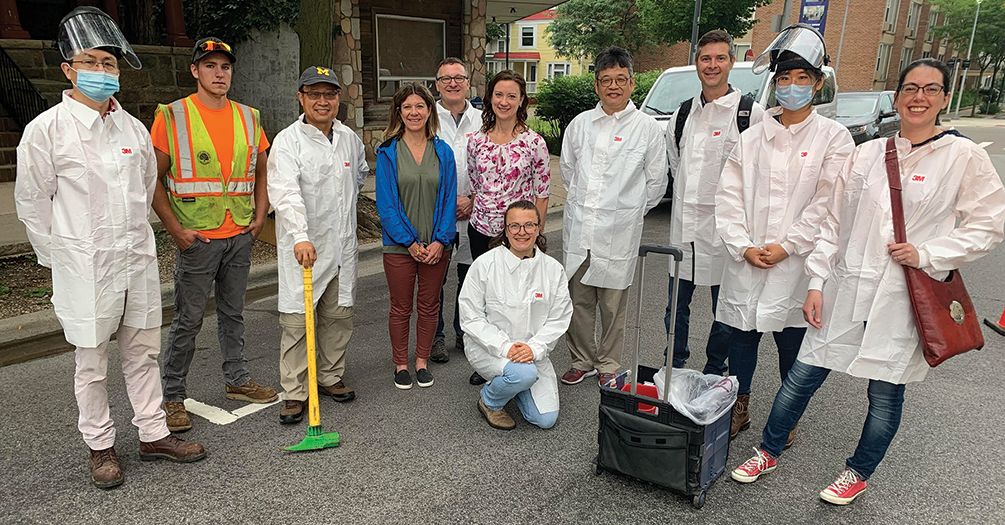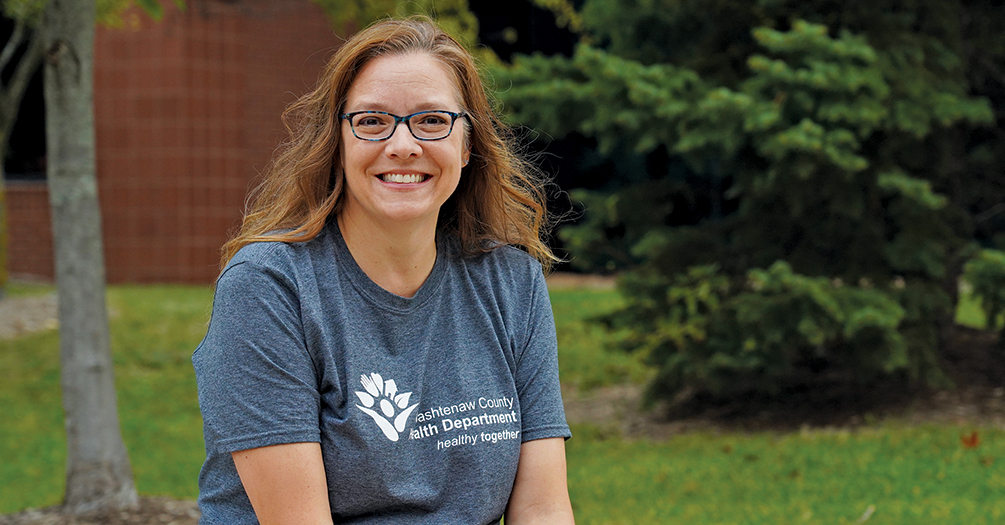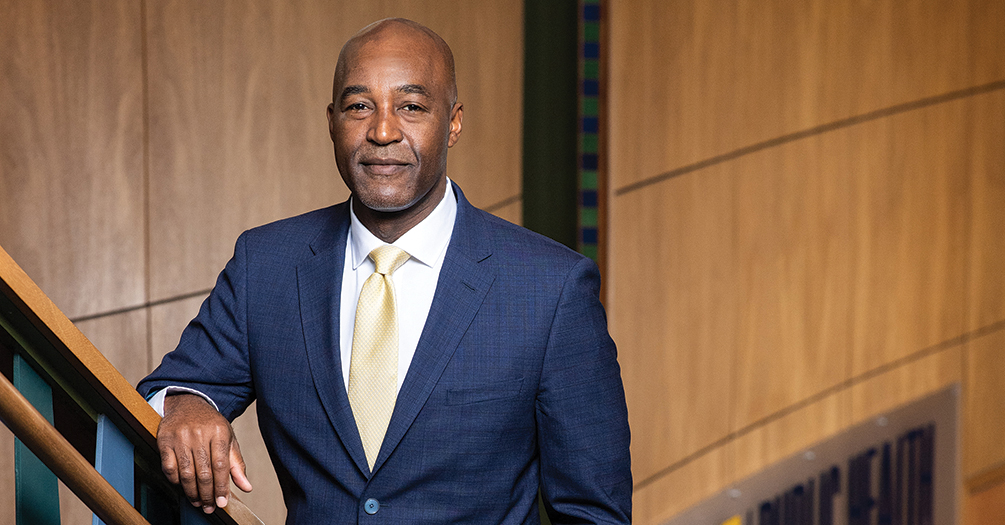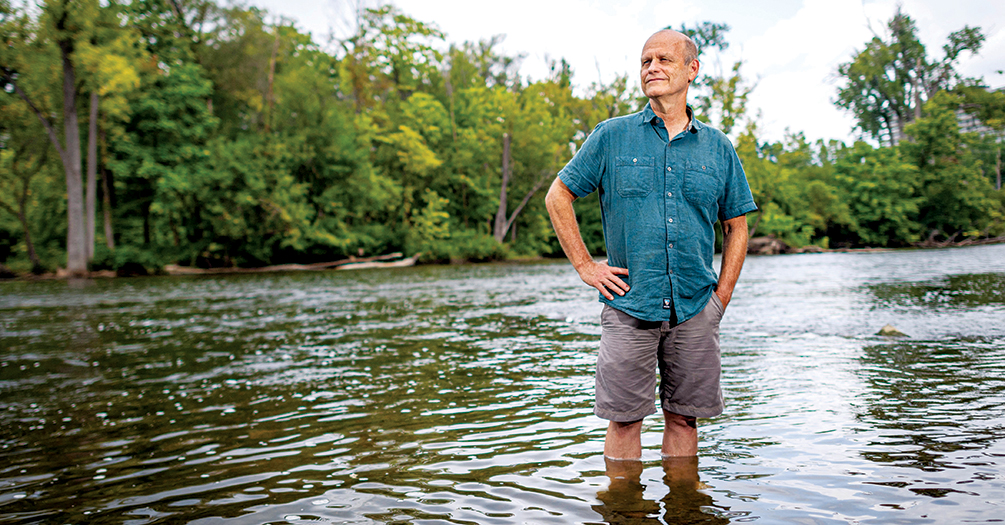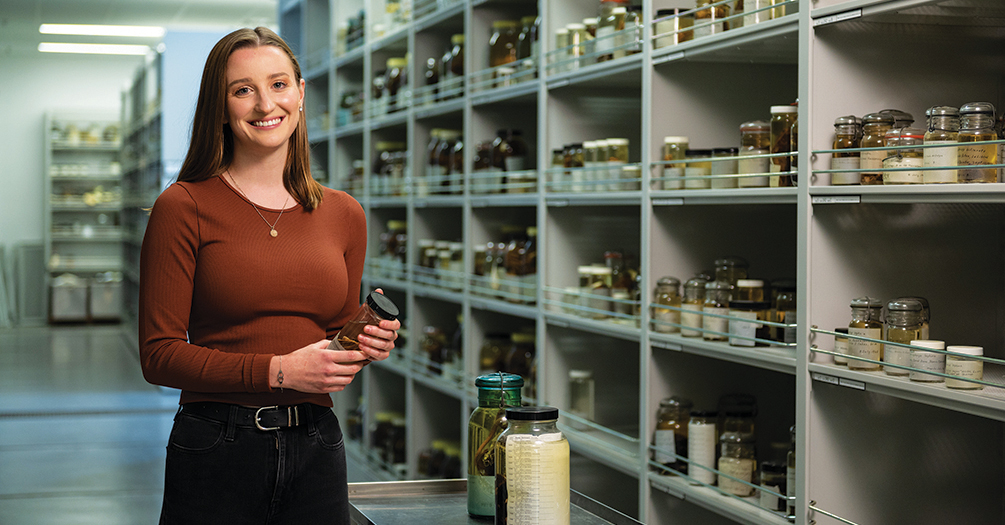
Small Changes in Diet Could Help You Live Healthier, More Sustainably
Eating a hot dog could cost you 36 minutes of healthy life, while choosing to eat a serving of nuts instead could help you gain 26 minutes of extra healthy life, according to a University of Michigan study.

